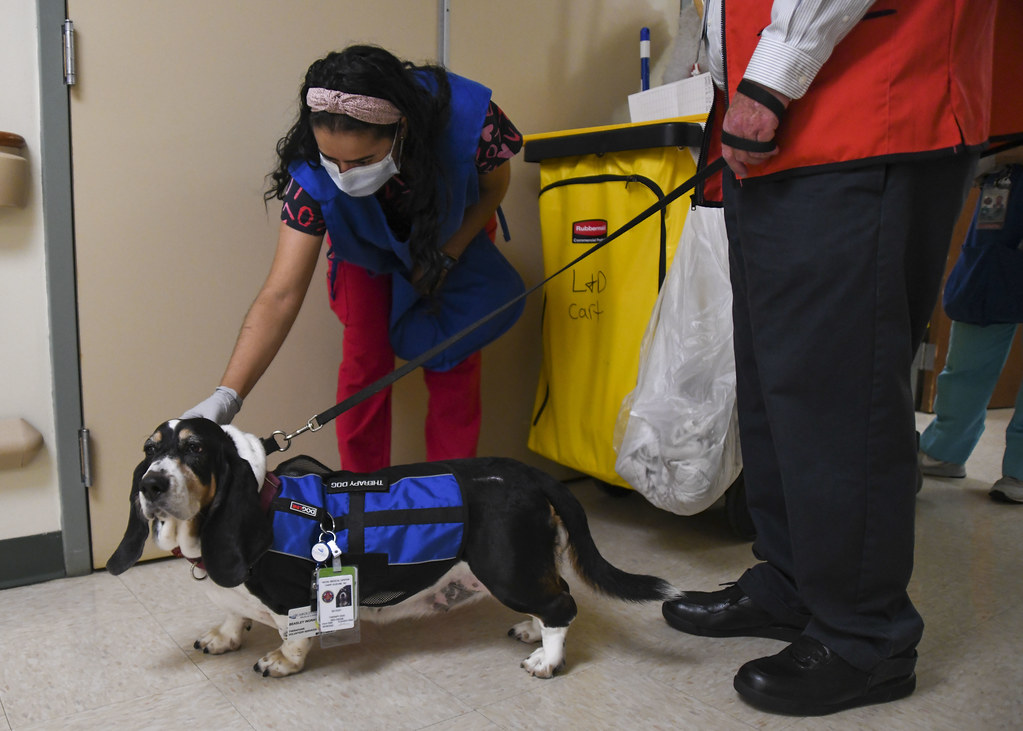
In November 2022, two little celebrities, Mindy and Peanut, Corgi dogs, made global headlines when they traveled in business class on Singapore Airlines flight SQ33 from San Francisco to Singapore. Dogs were allowed into the cabin when their owners showed documentation of the animal’s emotional support, which reflects the revised terms and conditions regarding dogs on Singapore Airlines (SIA).
According to the latest regulations released on Singapore Airlines’ official website on Monday, December 12, 2022, SIA passengers will no longer be allowed to travel with an “emotional support dog” after April 1, 2023. However, there will be no change in rules for assistance dogs.
SIA explained the reasons on the website, saying that assistance dogs are animals trained to perform specific tasks to assist people with disabilities. On the other hand, emotional support dogs act as companions that help reduce the effects of psychological disabilities.
However, on Monday, an airline spokesperson said owners of emotional support dogs can still travel with their emotional support dogs after April 1 if they apply prior cessation date. Customers wishing to transport their emotional support dogs in cargo should contact their local Singapore Airlines cargo office for assistance before the flight.
“Singapore Airlines continuously reviews and benchmarks our policies against the industry norm,” the spokesman said while interviewing with CNA.
Some countries such as Australia, New Zealand, the UK, Bali, Brunei, and Hong Kong do not allow emotional support dogs to travel in and out of the cabin due to their import and export regulations.
The following are the regulations passengers, allowed to travel with assistance dogs such as guide or hearing dogs and emotional support dogs must comply with in departure, transit, and destination countries.
To fly with an assistance or emotional support dog, the dog must be four months of age or older, be well-behaved, and not pose a direct threat to the health and safety of other passengers. SIA guidelines state that dogs should not occupy the seat; therefore, dogs as small as two-year-old (human child) can sit on the passenger’s lap, while larger dogs must sit on the cabin floor in front of the passenger seat as long as they do not obstruct the legroom of neighboring passengers.
Dogs must always be on a leash or carrier, not blocking an aisle or emergency exit. A moisture-absorbent material should be permanently placed under the dogs on the cabin floor for cleaning purposes. Certain breeds of dogs are only allowed in the cabin after additional documentation of their behavior, such as Akita, Boerboel, Bull Terrier, Doberman Pinscher, Dogo Argentino, Fela Brasileiro, and more.
A passenger traveling with an emotional support dog must provide SIA with an import or export permit, or both, and a country-specific regulatory transshipment license if the dog is transiting through Singapore. A veterinary health certificate and rabies vaccination letter.
In addition, they must also provide a signed statement from a licensed mental health professional that includes the professional’s licensure information, along with a clear statement of the passenger’s mental or emotional disability. As diagnosed in the Diagnostic and Statistical Manual of Mental Health Disorders (DSM) and under the supervision of a professional, the traveler needs an emotional support dog for air travel or activities at their destinations.
Dogs meeting these requirements are allowed to fly without additional charges.





